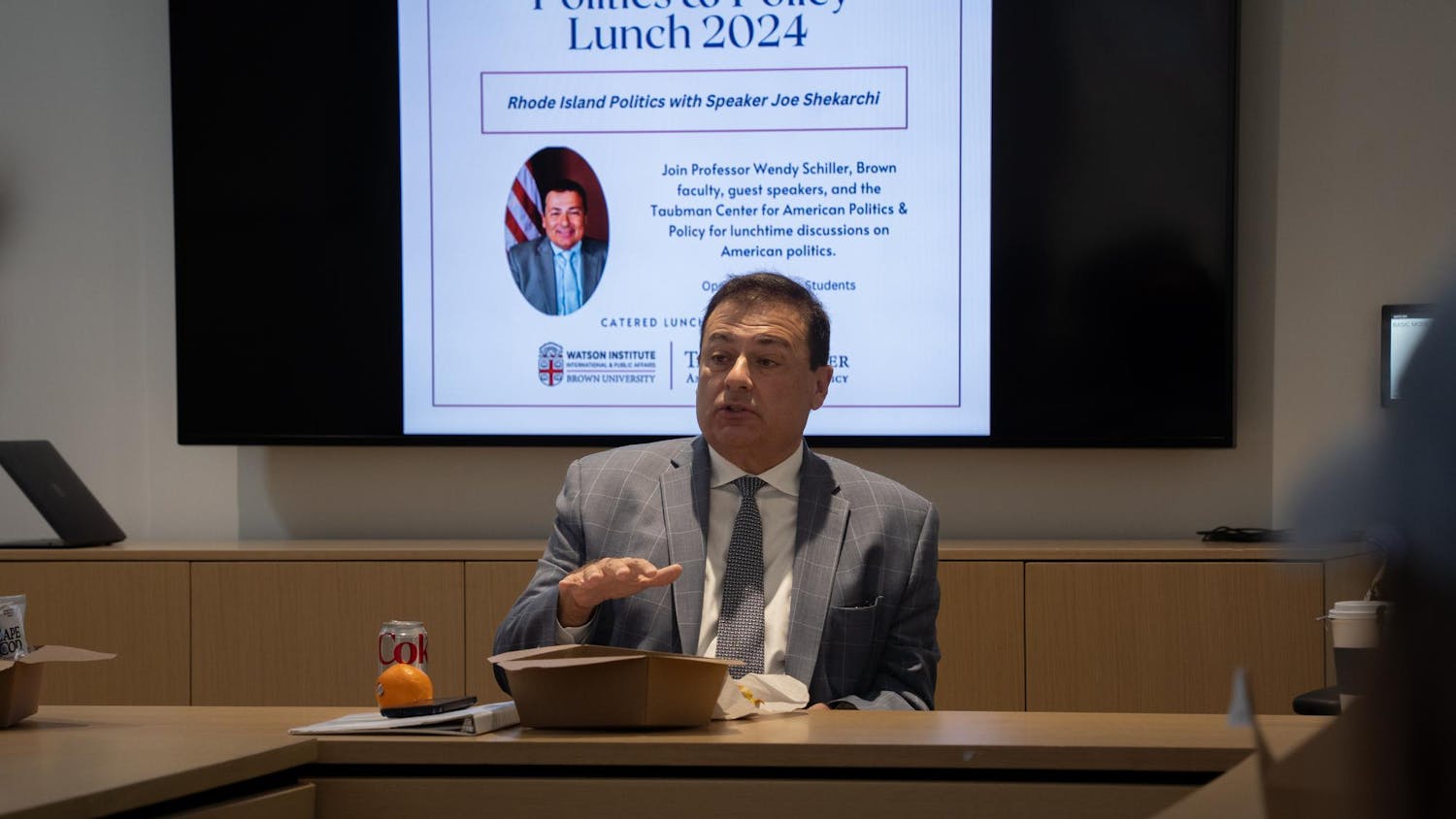On Feb. 18, Erika Edwards, associate professor of ecology and evolutionary biology, received the Presidential Early Career Award for Scientists and Engineers, the U.S. government’s highest award for engineers and scientists in the early stages of their independent research careers. Edwards was acknowledged for her research on plant evolution and photosynthesis systems. She was among 104 other honorees who will accept the award at the White House this spring.
Established in 1996 by President Bill Clinton, PECASE credits those “in their pursuit of innovative research at the frontiers of science and technology,” with special attention to their community service through scientific leadership, public education or community outreach, according to the National Science Foundation’s website.
The NSF nominated 21 of the 106 honorees, including Edwards, after an intensive, multi-year peer review process that vets the quality and scope of their research. In its press release, the NSF lauded Edwards’ “innovative research leading to exciting breakthroughs” in studying the drivers of plant evolutionary innovation, particularly the evolution of plant form and photosynthesis systems,” according to the organization’s website.
All those considered for the award receive five-year grants through the Faculty Early Career Development Program, which is run by the NSF. The organization then selects winners of the PECASE from the list of grant recipients. Edwards received her nomination and grant in 2013, she said.
Edwards was “in a state of shock” when she received the award, especially as a botanist, she added.
“There just aren’t a lot of pure botanists, so just to have that science recognized is unusual and very exciting,” Edwards said. “It makes me proud for my plant community.”
While Edwards teaches BIOL0430: “The Evolution of Plant Diversity” every fall, her proposal was to develop a new spring course that she is teaching this semester on the biology of desert plants. “My PhD was on this same topic, so I’ve been working on succulent plants and desert plants since the year 2000,” she said.
The money from her grant will go to the class and a spring break research trip to Peru, she said. There, Edwards and her students are teaming up with Peruvian botanists and their students. They will spend a week surveying the photosynthesis systems and the ecological sorting of vegetation in the deserts of Peru from sea level to the Andes.
“We’re going to keep our eyes out for plants that have different types of photosynthesis systems,” such as plants with C4 and cam photosynthesis, Edwards said. These are “really interesting evolutionary innovations that plants have built multiple times over the last 30 million years.”





